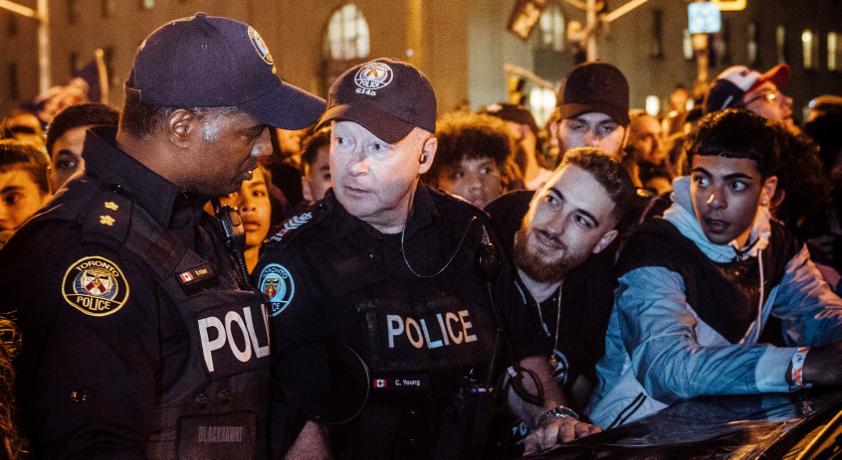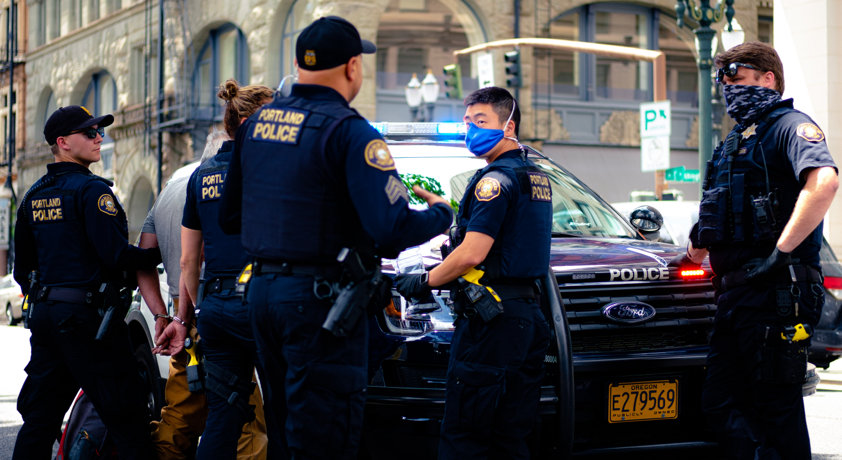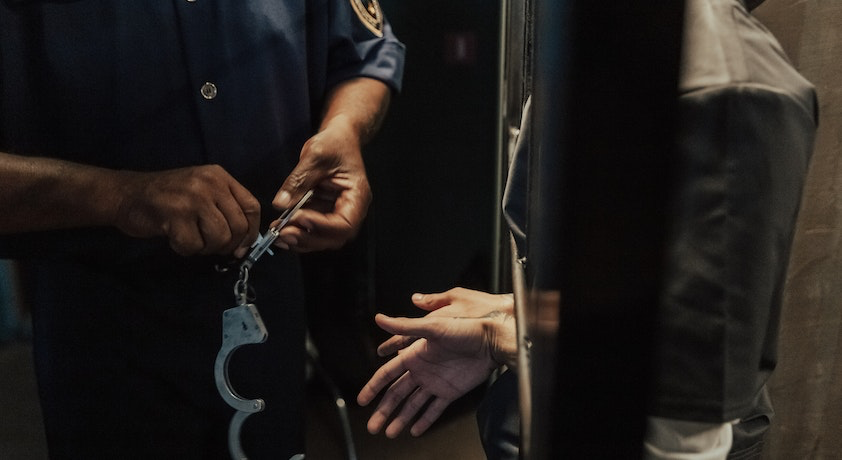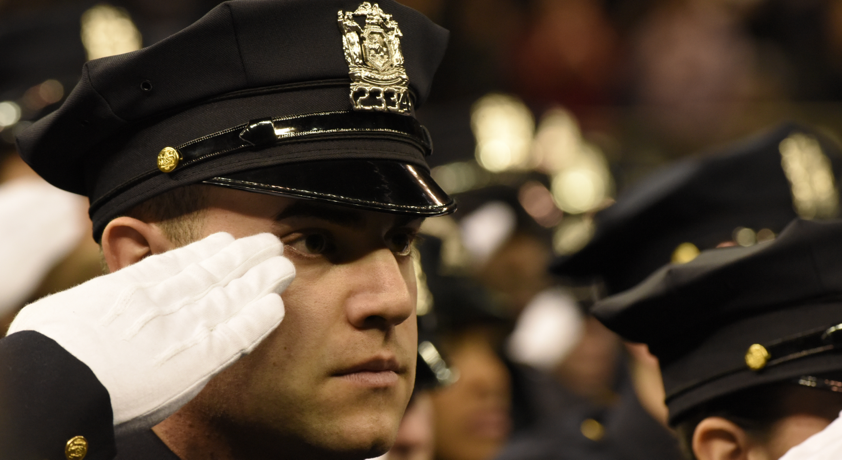What to Expect and How to Succeed at the Police Academy
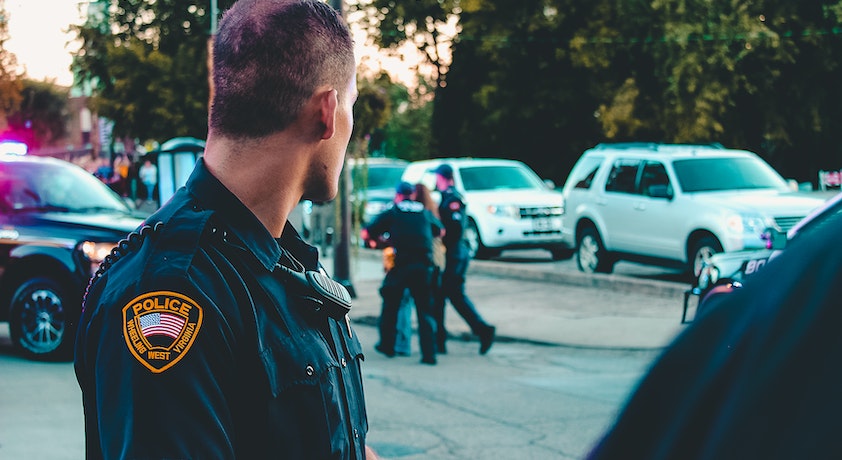
Congratulations! You have made it through the selection process for police training. The next step in your career as a police officer is a three-stage rigorous training regimen to prepare you for the physical, emotional, and mental aspects of serving the public as a law enforcement officer. Read our guide to learn about what you can expect.
Entering the Police Academy
Three Stages of Training
The specific training you will go through as a police officer will vary widely depending on whether you are working for a federal agency, state police force, or local municipality. Each state and jurisdiction has its own requirements that must be met. Some require at least basic college classes on law enforcement. Others simply require a departmental training program.
There are generally three stages of training through which all police officers go. These include academy training, field or police training programs, and practical in-service training. Until you complete these training programs you will be considered a cadet or trainee. Some agencies sponsor cadets and training will be on a paid basis, but this is by no means universal and should not be an expectation.
Every state has its own POST (Peace Officer Standards and Training) commission or similar office which sets the minimum standards for selecting officers, training, and education and acts as the oversight agency to certify and license sworn duty personnel. If you have questions about your state’s qualifications, check with the version of that office that serves your area.
What to Expect from Police Academy Training
At the police academy, you will undergo classroom and hands-on practical training covering the basics of law enforcement. The training topics covered in the academy cover such basics as:
- Constitutional, federal, and state law
- Theory of law and law enforcement
- Basic first aid and CPR
- Firearms training
- Criminal and civil law
- Juvenile law
- Domestic violence
- Bias and hate crime
- Ethics in law enforcement
- Investigative procedures
- Patrolling techniques
- Civil and criminal liability issues for officers
- Cultural diversity training
- Community relations
- Critical thinking and problem solving
- Basic computers and information systems
Strategies to Succeed During Field Training
Following your academy training, you will move to active field training. During this process, you will be paired with a training officer who will partner with you on active field patrols and activities. You will likely rotate during different shifts, working nights, days, weekends, and holidays, and will explore different jurisdictions so you can see different ways of life.
During this training, it is vital that you absorb every scrap of information you can. Take everything your training officer has to offer. Keep your eyes and ears open and always follow instructions to the letter. Understand that if you’re told to do something there is likely a very good reason for it, even if it seems pointless to you. Ask questions, but only so far as it enhances your education and understanding of the tasks of being an officer.
Remember, you are still a student and you’re not immortal! You are an inexperienced trainee learning a very dangerous profession. Your training officer has a lot of wisdom and experience to impart. Always ask for more information and always think hard on everything you’ve experienced. It might not hurt to keep a journal of your experiences, obviously leaving out any confidential or private information. This way you can look back later and reflect on what you’ve learned.
Be an active observer and an active listener. Exercise good judgment at all times, absorb everything you can, and you will have success during your field training.
How to Succeed During In-Service Training
Your training as an officer does not end after you complete your field training. You will, at this point, be an actual police officer working the beat, investigating crimes, and protecting the public in all respects. However, police officers are required to maintain a certain level of continuing education every year. This is also referred to as “in-service training.”
The first thing you need to do is determine how many credits of training your agency requires, and how you can satisfy these requirements. What courses are acceptable and where can you take them? Make notes of as many different options as possible, as many courses are only available at certain times and you may need to be prepared to go with a second option.
Never, ever take the bare minimum for in-service training. While the bare minimum will maintain your employment, it won’t necessarily result in you being the most effective officer possible. Focus on areas of both strength (where your interests lie) and weakness (areas you know you need to improve) and take as many courses as you can afford financially and can fit into your schedule.
Many courses are offered at on-the-ground, on-campus facilities as well as online. There are options out there for day classes and night classes so that you can fit them around whichever shift you currently work. As with any educational experience, you will get out of in-service training what you put into it. Be committed and dedicated, and you’ll find that in-service training keeps you at the top of your game as well as enabling you to continue on serving and protecting the public.

